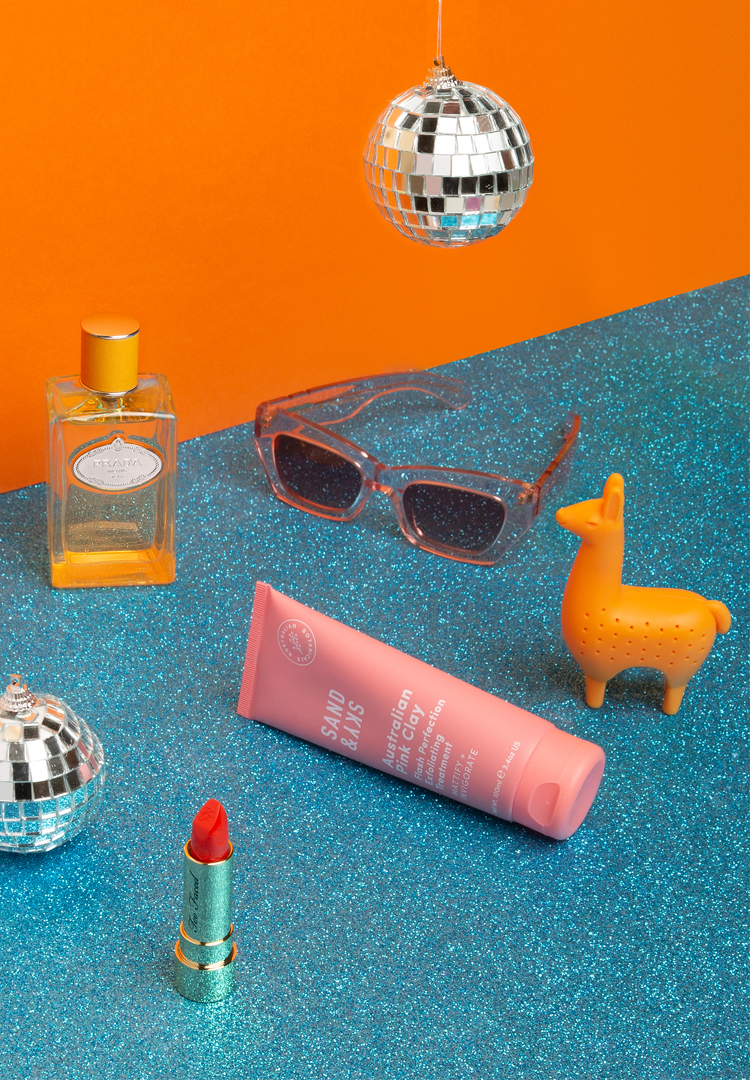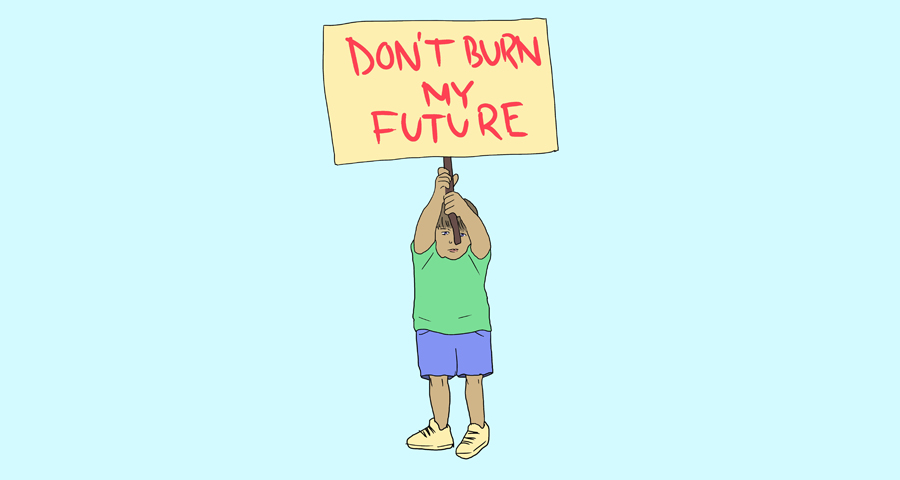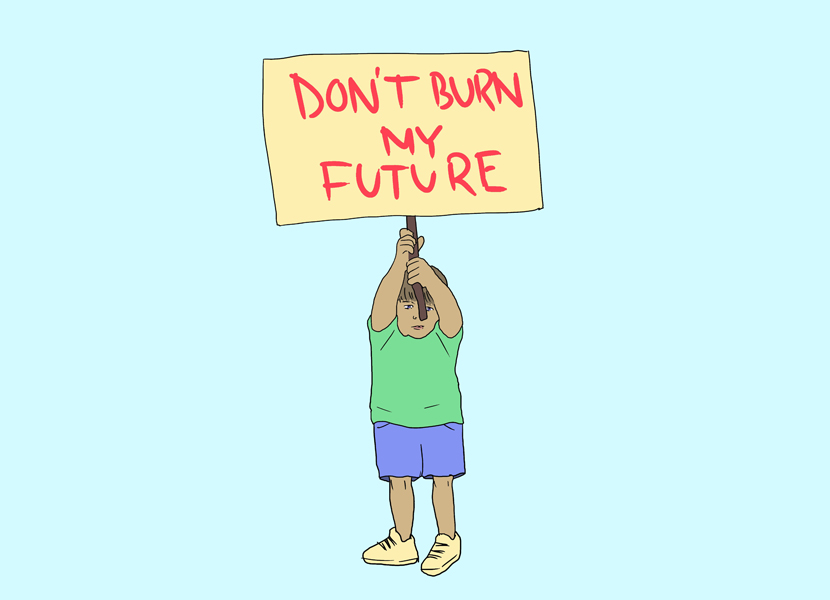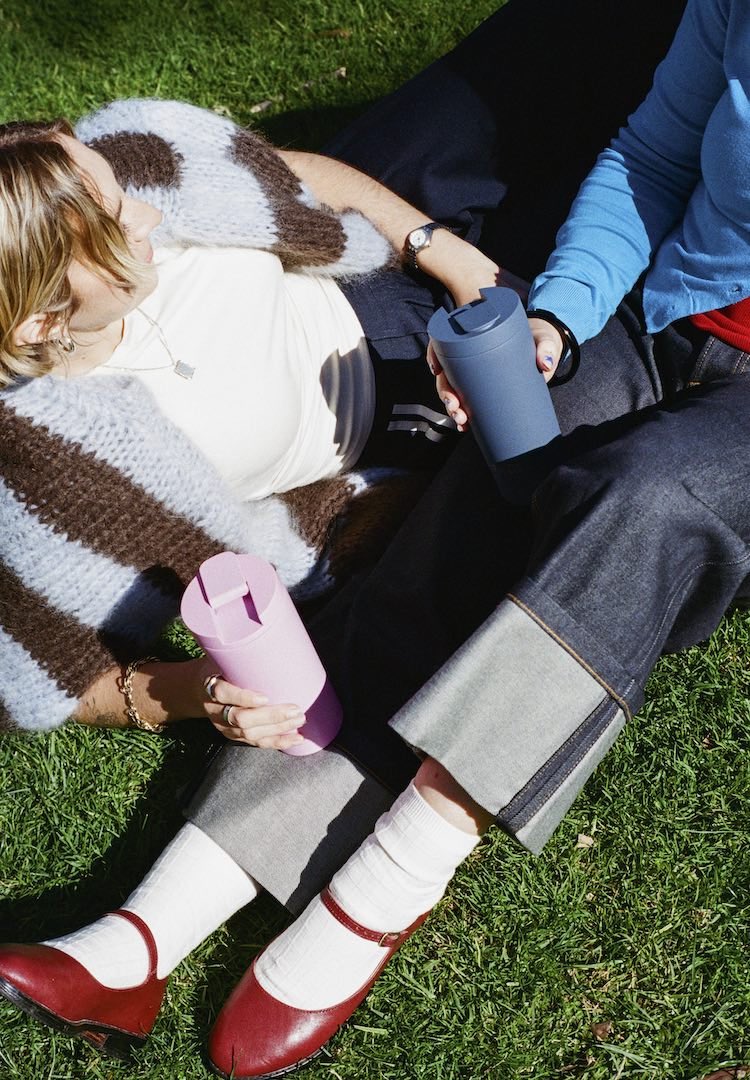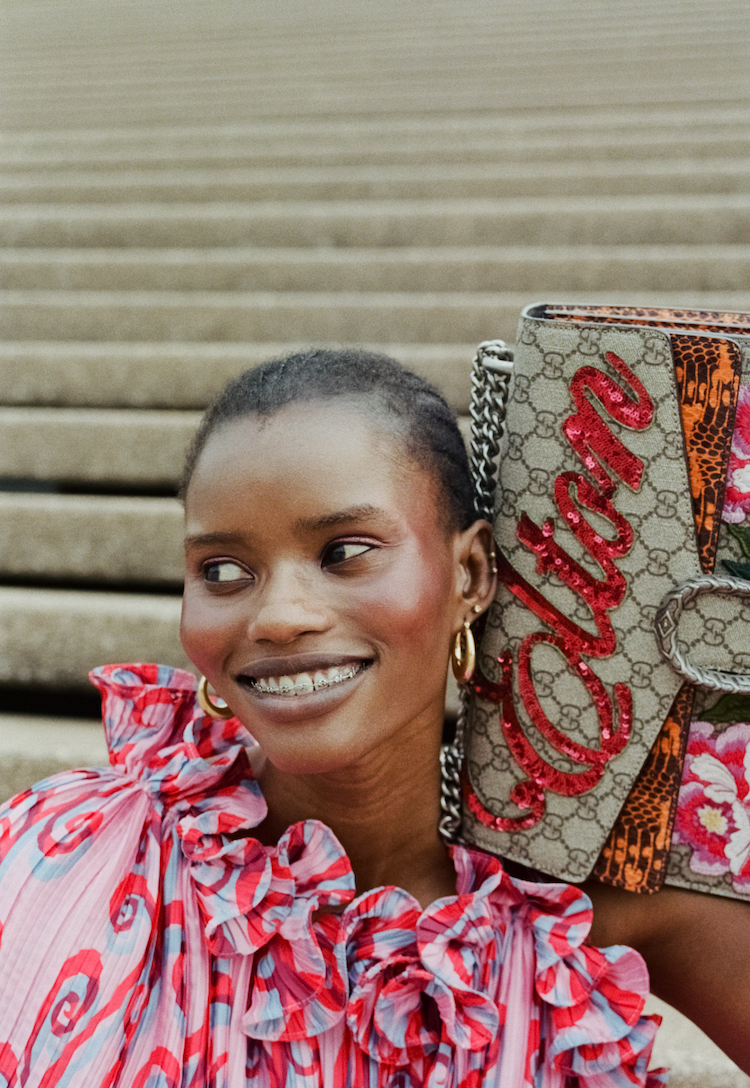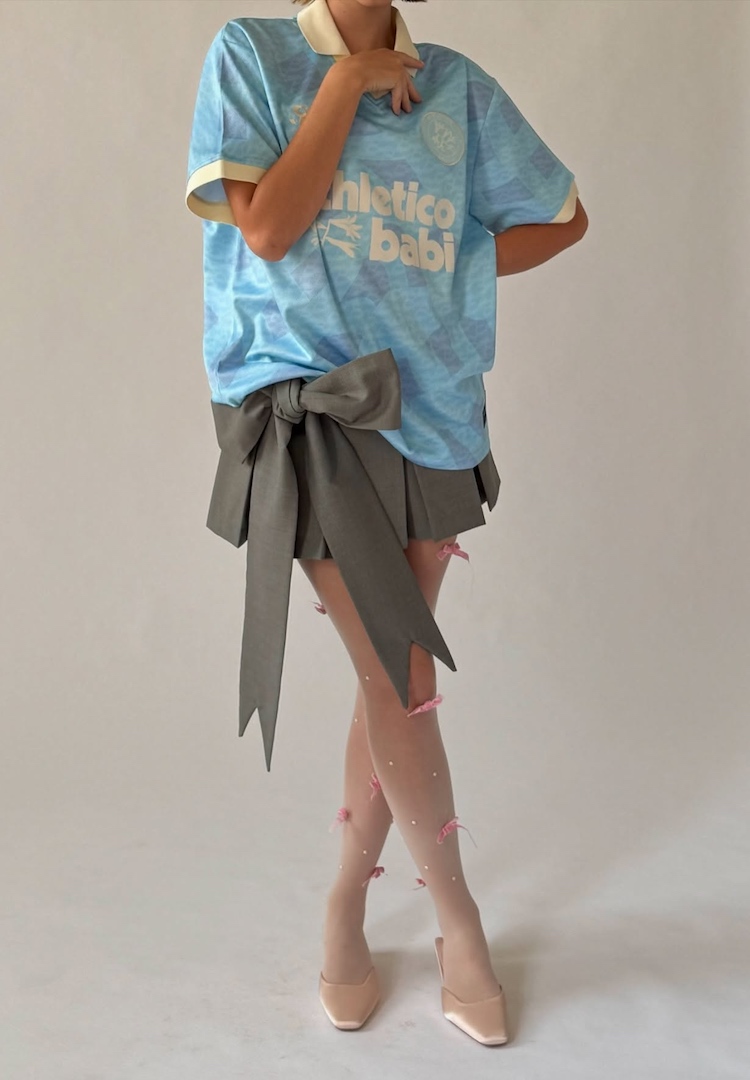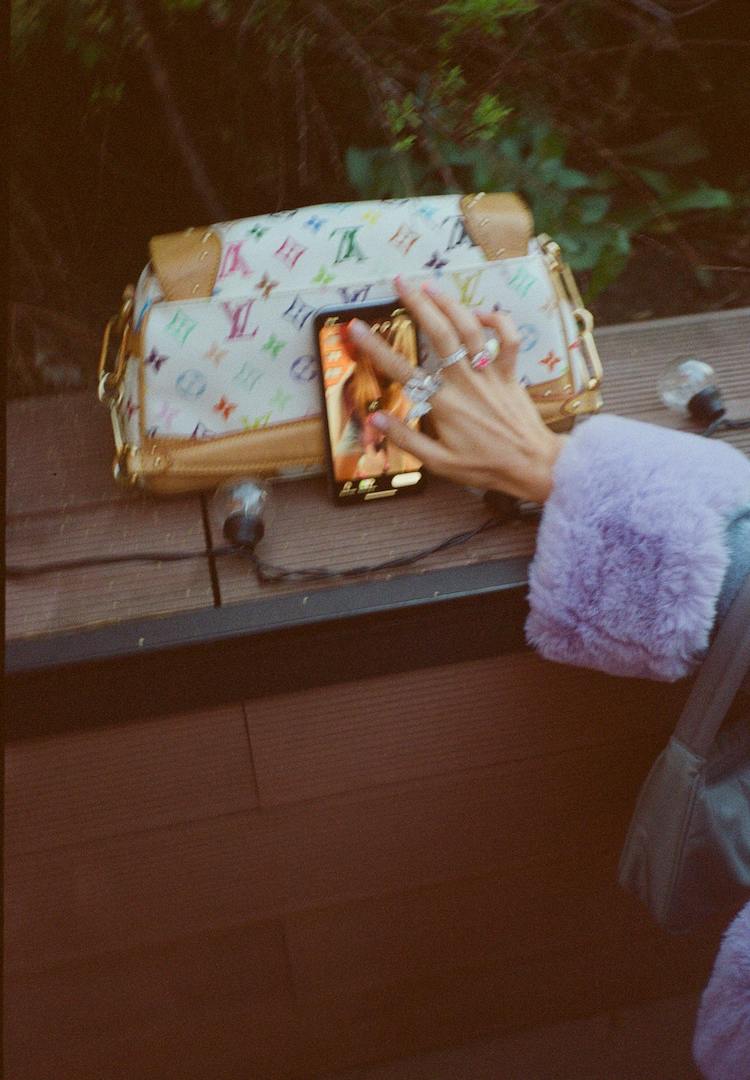Why kids are the key to a sustainable future
Illustration by Twylamae
Words by Hannah Cole
And what we can learn from them.
Sometimes – and only sometimes – my brain positively astounds me. It reaches into Pensieve depths, plucking out gems from a 27-year mass of memories.
Lately, I’ve had the powerful ’00s tune, ‘Youth of the Nation,’ stuck in my head. It whirs, chants and has me stamping my feet in resounding agreement. Maybe I’ve been feeling particularly emo. Maybe it’s come to surface because I’ve been ruminating on the role of kids in affecting positive change in the world.
P.O.D.’s grungy hit spoke to an awakening of violence and terror among youths. (Tell me you never shed a tear as the chorus of teens collectively sang the chorus and I will not believe you). I grew up with the War on Terror plastering every evening news report. Guns and violence and human-led destruction.
The children of this generation are instead plagued by the War on Waste – a fight not just affecting the West, but every living, breathing being on the planet. This time, plastics and fossil fuels are the weapons.
Thankfully, these same kids are much more *cluey* than I ever was. They have the voices to stop and change a nation, and they’re not afraid of using them.
My new hero is a young boy called Marco who bears an endearing mullet and barely-there lisp. Marco organised his school’s participation in recent nationwide student protests against the government’s embarrassing environmental inaction, then stuck it to the political panel on Q&A as well.
“When will the government start to care about my future and the [future of] children around the world by acting on climate change and creating a strong climate policy?” Eloquently put. I would have said something more along the lines of, “Stop being greedy shits. K thnx bye.”
Which is why we have a lot to learn from these oft-disregarded youngsters.
I recently experienced the wonder of these minds first-hand. While I don’t bear a teaching bone in my body, my partner appears to be a skeleton of education. As the teacher of a Year 5 class undertaking a sustainability project, he asked me to give a brief overview of sustainability in fashion.
Turns out I would be the one leaving with the lessons:
Lesson #1 – Being the partner of a teacher instantly equates to celebrity status in the schoolyard
Either embrace the oversized sunnies and slouchy hoodies as a disguise or abuse your only opportunity to feel eternally loved and praised.
Lesson #2 – Kids are the key to our sustainable future
I mean, just take these thoughtful pearlers from some of the students as an example:
“I think we can AND cannot [be more sustainable] because the government controls and stops us and can be selfish, stubborn or ignorant. On the other hand, we CAN change the world by starting with small things.”
“We can make a difference if we try. There is no point in procrastinating and thinking ‘just let the future generation deal with it’.”
They put it simply. They don’t beat around the bush, and there’s no greenwashing in sight. Tell it like it is and then take action.
Without the dollar-sign blinded eyes and an obsession with negative gearing (WHAT EVEN IS THIS?!?!), youth see the problem as it is. Essentially, changes need to be made so we can actually keep the earth turning and support future generations. They’re aware the government is attacking their very livelihoods from all angles – ahem, Adani. So, they’re ready to literally fight for their lives. Because, sadly, that’s the reality of this time. We’re living in the moment of ‘now’ and failing to extend our vision to the lives past our own.
Lesson #3 – Don’t let the demons get you down
We could throw our hands in the air and wail and fast for 40 days, but that won’t get us anywhere. And these kids know that. Instead, they’re doing real, physical shit that will make a difference. They’re getting their hands dirty to show us all how we should be doing it.
Wondrous things happen in young and curious minds – just look at 10-year-old Molly of the ‘Straw No More’ campaign. What began as a simple clean-up initiative to save turtles and quit abusing single-use plastic straws has become a nationwide example. These kids have the whole world in their hands, and it’s our responsibility to stop and listen to them.

